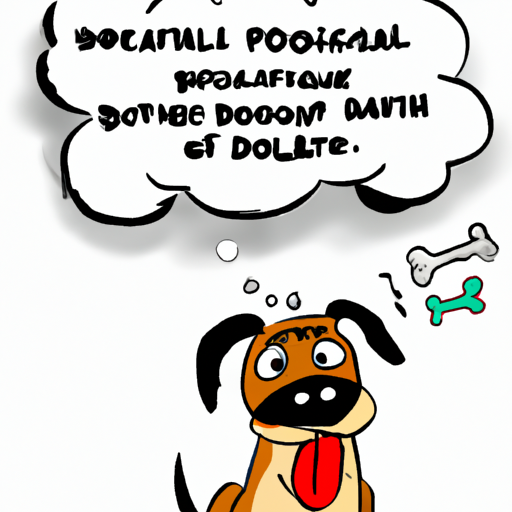Introduction
You love your dog, there’s no question about that. But sometimes, you might find yourself recoiling from a strong whiff of their breath. It’s a common issue among dog owners and often leaves you wondering: What causes dogs to have bad breath?
1. Poor Dental Hygiene
Just like humans, dogs also require regular dental care. Lack of proper oral hygiene is the primary culprit behind your dog’s bad breath.
- Food debris: Leftover food can get stuck between your dog’s teeth, leading to plaque buildup. Over time, this can cause a foul smell.
- Gum disease: If you’re not regularly brushing your dog’s teeth, they can develop gum disease, which often results in bad breath.
Table 1: Symptoms of Poor Dental Hygiene in Dogs
| Symptoms | Description |
|---|---|
| Yellow or brown teeth | Indicates plaque and tartar buildup |
| Red, swollen gums | A sign of gum disease |
| Excessive drooling | Could be due to a dental issue |
2. Diet
What you feed your dog also plays a significant role in their breath quality.
- Low-quality dog food: Cheap dog food often contains ingredients that can cause digestive issues, leading to bad breath.
- Human food: Feeding your dog table scraps might make them happy, but it’s not always good for their breath. Certain foods like onions and garlic can cause a nasty smell.
3. Health Issues
Sometimes, bad breath can be a sign of underlying health problems in your dog.
- Kidney disease: If your dog’s breath smells like ammonia or urine, it could be a sign of kidney disease.
- Diabetes: A sweet or fruity smell can indicate diabetes.
4. Age
As your dog ages, they are more prone to dental disease and organ dysfunction, both of which can cause bad breath. Regular veterinary checkups are crucial to detect any potential issues early.
5. Foreign Objects
Dogs are curious creatures. Sometimes, they might end up with a piece of stick or a toy lodged in their teeth, causing discomfort and bad breath.
Frequently Asked Questions (FAQ)
Q: How often should I brush my dog’s teeth?
A: Ideally, you should brush your dog’s teeth daily. However, a minimum of once a week is necessary.
Q: Can I use human toothpaste to brush my dog’s teeth?
A: No, human toothpaste can be harmful to dogs. Always use a toothpaste specifically designed for dogs.
Q: What kind of diet is best for my dog’s breath?
A: A balanced diet of high-quality dog food is best. Consult with your vet for specific dietary recommendations.
Q: When should I see a vet about my dog’s bad breath?
A: If your dog’s bad breath is persistent or accompanied by other symptoms like loss of appetite or vomiting, you should consult a vet immediately.
In the final analysis, you, as a caregiver, have the power to ensure your furry friend’s optimal health. Stay informed, stay vigilant, and remember – a fresh-smelling breath is a sign of a healthy, happy dog.



